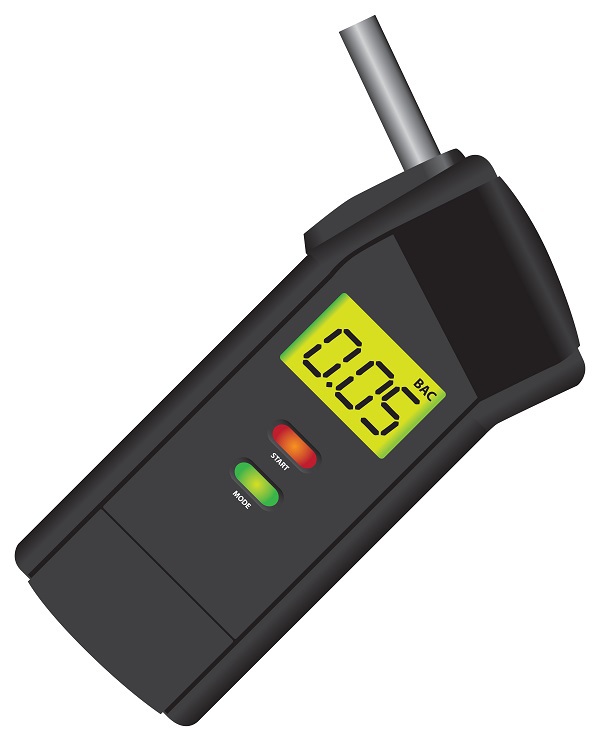New Report Recommends 0.05 BAC Limit

A new report encourages states to adopt a 0.05 blood alcohol concentration limit for drivers accused of driving under the influence. In a study sponsored by the National Highway Traffic Safety Administration, a non-profit group called the National Academies of Sciences, Engineering, and Medicine examined drunk driving fatalities over the past 30 years and the costs associated with enforcement of DUI laws. The National Academies concluded that lowering the BAC limit – making it easier for drivers to be arrested – and changing a host of strategies for combatting drunk driving would lower fatalities.
This latest report is far from the first time the NHTSA has tried to get states to lower the BAC limit. A similar campaign five years ago cited many of the same statistics as the National Academies do. From the 1980s to the early 2000s, Mothers Against Drunk Driving, the NHTSA, and other organizations urged states to raise their BAC limits from 0.15 to 0.08, which all eventually did. Today, Utah is the only state that has agreed to go even lower, recently passing a law that imposed the 0.05 BAC limit.
The recent report recommending a 0.05 BAC limit lists numerous other strategies the National Academies think states and even private companies should use to prevent drunk driving:
- Higher alcohol taxes
- Limiting or reducing alcohol availability through sales restrictions
- Strengthening standards for alcohol-related marketing and advertising
- Increasing use of sobriety checkpoints and ignition interlocks
- Implementing DWI courts and treatment options
- Providing alternative transportation options such as ride sharing and public transportation
In particular, the report notes that Congress passed a bill in late 2017 hat would significantly decrease federal alcohol excise taxes. Further, states have been slow to enact many of the most effective methods for decreasing drunk driving fatalities, such as sobriety checkpoints and effective treatment options.
To learn more about BAC limits and breath tests in DUI cases, seek out the DUI attorney who follows key changes in Oklahoma law to find the best defenses for his clients. Clint Patterson, Esq., of Patterson Law Firm, a former Tulsa prosecutor now using his trial experience and expert-level knowledge of DUI science to defend drivers, has the experience and the insight to evaluate the strengths and weaknesses of your case. To schedule a case evaluation, visit Patterson Law Firm online or call Clint’s office at (918) 550-9175.

